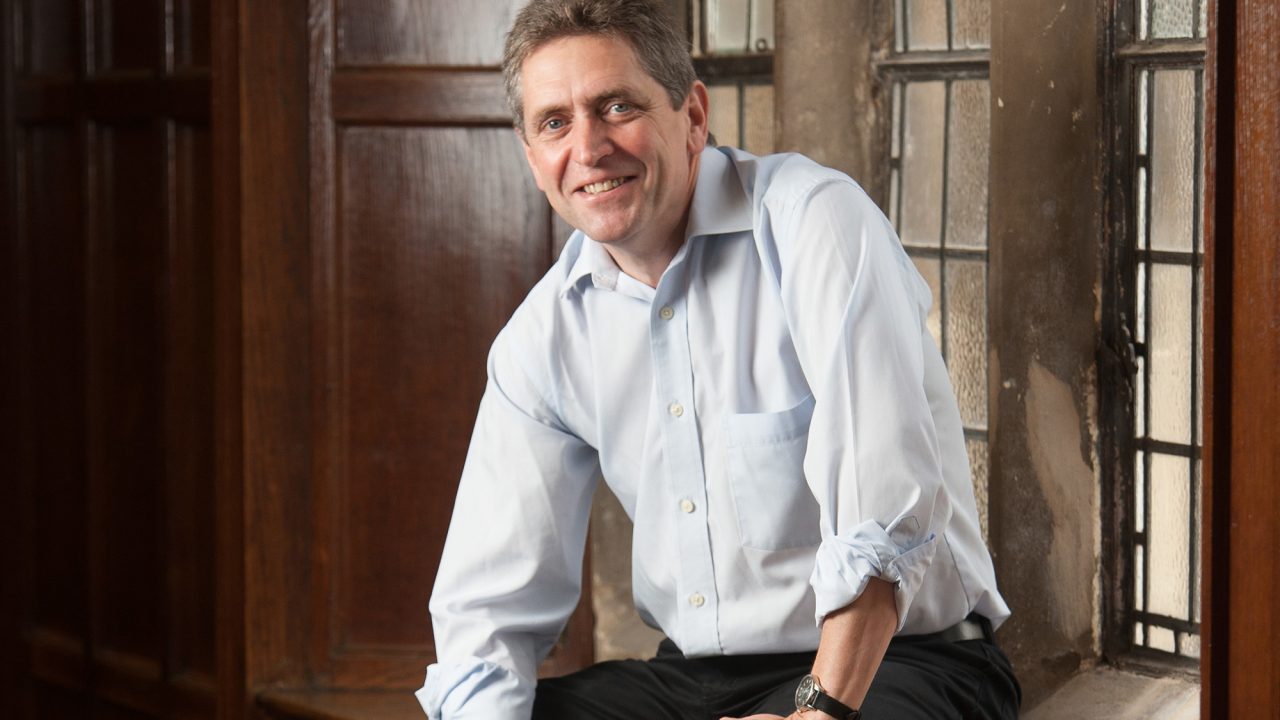At least a 2.1 honours degree or equivalent qualification in a relevant subject area

Our research strengths lie in curriculum studies, early years, leadership and diversity in education, learning for sustainability and professional development. We also have expertise in education policy, extremism and education and values in education.
Our School of Education and Applied Sciences provides a stimulating and supportive environment with a blend of extensive professional expertise in different learning contexts – spanning early years to higher education.
You’ll join a strong education research community of over 30 academic staff with different supervisory specialisms. Progress your knowledge and skills with engaged researchers who are pushing forward new knowledge and professional practice. Explore strengths in curriculum studies, early years, leadership and diversity in education, and professional development.
Our research environment has strong national and international links. This active background means that research students, whether studying full-time or part-time, join a group of engaged researchers involved in pushing forward both new knowledge and professional practice.
All students are required to take and complete a Postgraduate Certificate in Research Methods to support the development of their project and their education as researchers.
Research areas
Some of our recent research includes:
This research contributes to the research priority area Society and Learning.

At least a 2.1 honours degree or equivalent qualification in a relevant subject area
A master’s degree or equivalent in a subject area relevant to the proposed research topic.
We actively encourage applications from students from a range of diverse backgrounds who demonstrate appropriate research experience and achievement.
EU and international students need IELTS 6.5 overall (with a minimum of 6.0 in writing and 5.5 in any other component) or equivalent.
Please provide a copy of your research proposal. This should be 1,000 words (excluding references and appendices) following the structure outlined in this research proposal guide.
Please note; we’re unable to process applications without a proposal for the School’s consideration. Not supplying one will delay the processing of applications.
You're viewing fees for the course option. Choose a different course option to see corresponding course fees.
| Start date | Course code |
Fee (UK) Fee per year |
Fee (international) Fee per year |
|---|---|---|---|
| October 2024 | — | £5,100 | £12,775 |
| February 2025 | — | £5,100 | £12,775 |
| October 2025 | — | TBC | TBC |
| February 2026 | — | TBC | TBC |
|
International students can benefit from a range of scholarships and bursaries across many undergraduate and postgraduate programmes. |
Find out more | ||
Our postgraduate research students cultivate a diverse set of skills that are highly valued in the UK and internationally, preparing them for successful careers within academia and beyond.
As a postgraduate research student at UoG, you’ll develop and refine a range of skills across research, academic practice, project management and critical analysis to equip you for your future. Whether it’s contributing to ground-breaking academic research or applying problem-solving skills in the workplace, we’ll ensure you’re ready to take on your next challenge.
This versatility opens doors to opportunities across various sectors, from education and research institutions to commercial organisations and NGOs, where you’ll have the confidence to apply your researcher skills and develop innovative solutions to meet your ambitions.
With research submitted in each of our research areas judged to be internationally excellent according to the results of the 2021 Research Excellence Framework (REF2021), our research supervisors have a broad range of specialisms across a diverse range of subjects.
Get in touch to find out how we can support your research interests by emailing admissions@glos.ac.uk.

Our research strengths lie in curriculum studies, early years, leadership and diversity in education, learning for sustainability and professional development. We also have expertise in education policy, extremism and education, and values in education.

You’ll have opportunities for cross-disciplinary projects that link to a range of other disciplines, such as psychology, management and health.

We support publication opportunities allowing you to contribute to your profession and achieve high-level academic recognition. With the help of your supervisors, you may want to submit journal articles as part of your researcher development.

Work with leading practitioners, coaches, and professionals in specialist environments where you will develop your skills and gain real-world experience.
“Starting as a teacher in UK and Tanzania I soon switched to community-based environmental education, firstly in Leicester and then Mount Elgon, Uganda. My career has focused on international education and sustainability projects working for charities but with communities, large corporations and governments including the UN.”
Dr Paul Vare, Postgraduate Research Lead, School of Education

